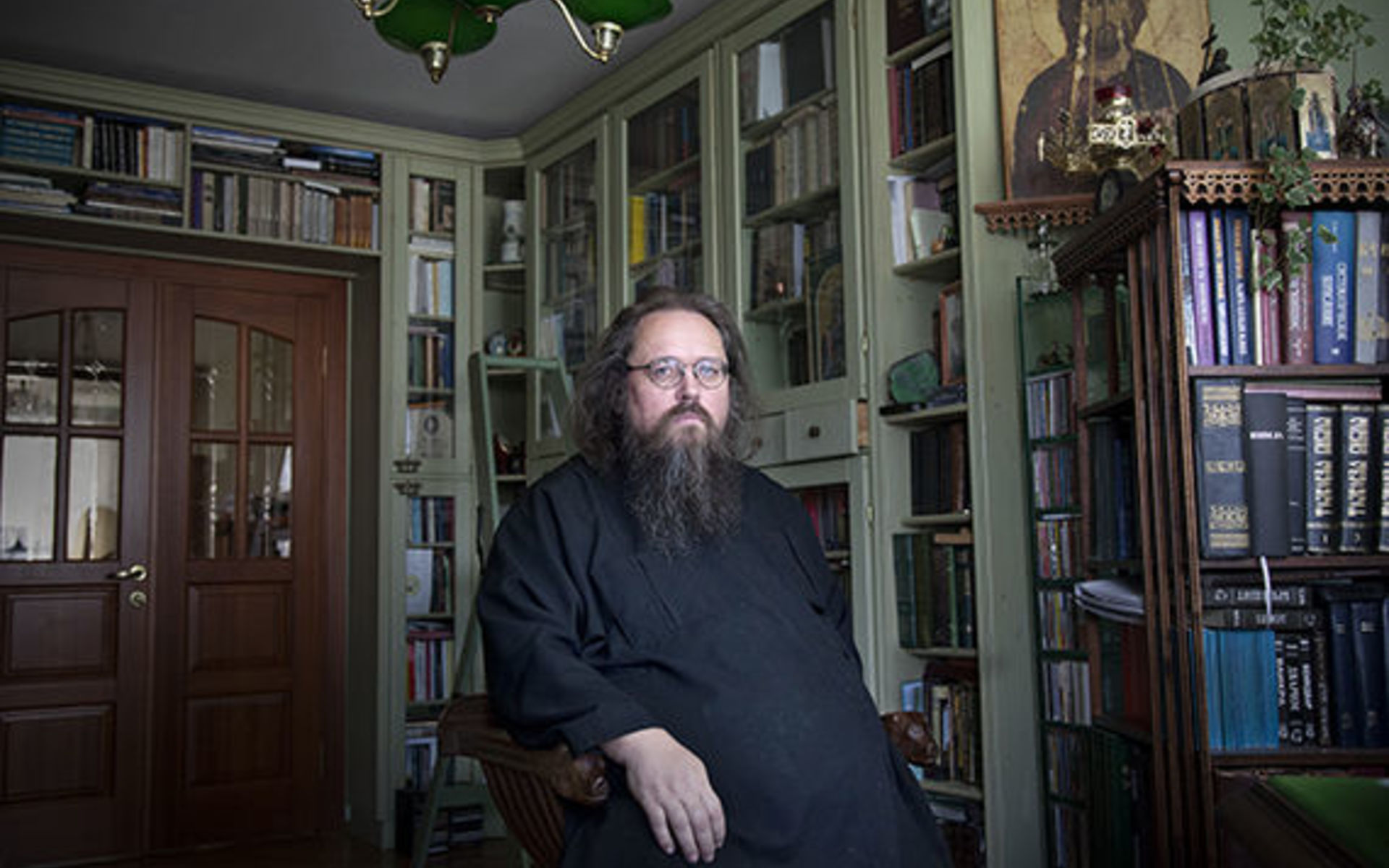
The Ukrainian Orthodox Church (Moscow Patriarchy) has justly claimed that it is really an independent Church, that its connection to Moscow is purely prayerful and symbolical: mentioning the name of the Patriarch of Moscow and all of Russia during the prayer.
Consequently, the very mentioning of the Patriarch’s name during the Liturgy represents:
a) a way to connect to the Russian Church and
b) a reason for the dispute among the Ukrainians
So you see – this is not a trifle. This is a marker for canonical territories. And this is the only, almost virtual mode of presence of the Moscow patriarch in the life of Ukraine. Ah, yes, and the issuing of a certificate to acknowledge and recognize the Ukrainian Council’s election of a Church Head. That’s it. Stop! Don’t read any further. Think clearly and come up with your own answer.
And in 1656 in all of the documents which defined the transfer of administration of the Kiev Metropolis to Moscow, the Ecumenical Patriarchate precisely stated: the name of the Ecumenical Patriarchate should, as previously, unconditionally be mentioned during the services, before the name of the Moscow Patriarch. So Constantinople has left that same border marker on the Ukrainian land, which Moscow is trying to put now. Truly, at that time Moscow removed it immediately. One – sidedly. With the “right imposed by power”. Whoever has the authority – he has the Diptych. At first glance it seems as a small violation of the agreed. But today, for the sake of this “trifle”, Moscow calls upon the Ukrainians to spill their blood. If this is a “trifle” then why they stick to it with all their strength? And if it is not, then why have we violated it in the XVII century and why, in spite of the chronic violation of this, not quite unimportant, article of the transfer agreement, we keep considering it as valid?
I cannot accept that as a logical and dignified behavior. Among the other things, when we had violated this “trifle”, Constantinople remained silent and didn’t start an ecumenical rupture because of it. This concerns the personal role of both individuals in the different historical periods.
Note: The author is a cleric of the Russian Orthodox Church















